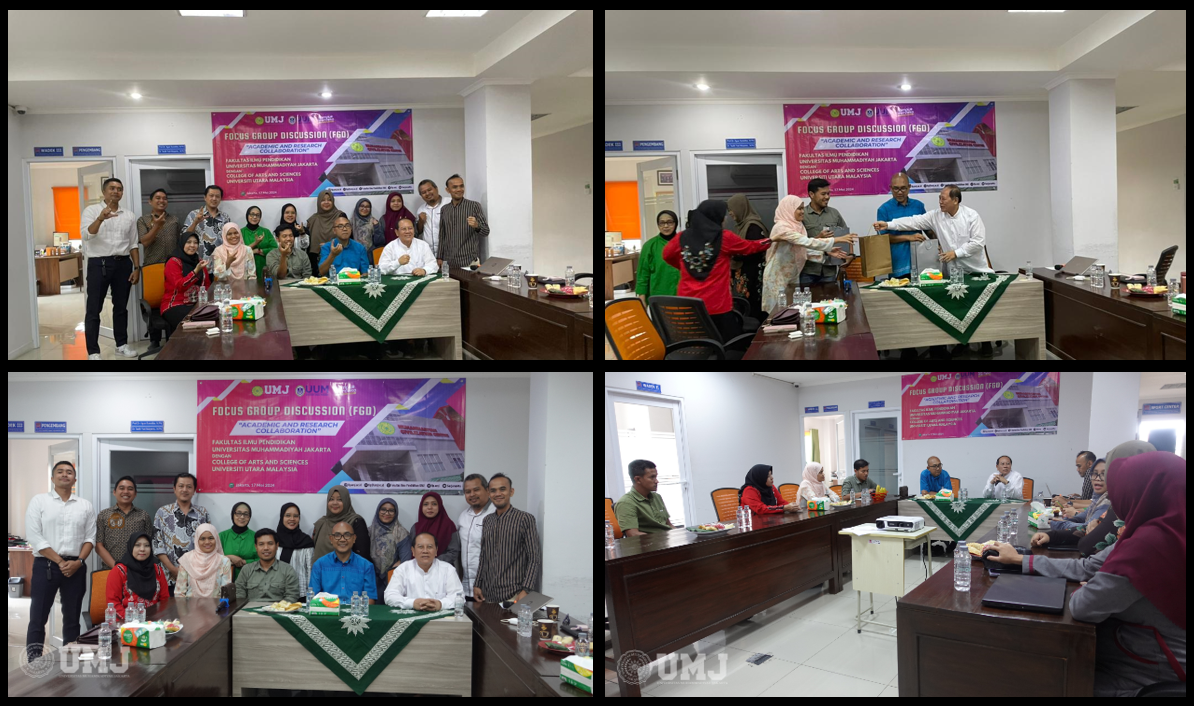JAKARTA, 18 MAY 2024 - Muhammadiyah Jakarta hosted a significant Focus Group Discussion (FGD) on the "Merdeka Belajar Kampus Merdeka" (MBKM) program, an essential component of Indonesia's educational reform aimed at offering more flexible and diverse learning opportunities for students. The event featured key participants including Dr. Herwina Bahar, M.A., the leader of the research team at UMJ, Prof. Dr. Ir. Tri Yuni Hendrawati, M.Si., Chair of the Research and Community Service Institute (LPPM) at UMJ, representatives from various faculties and departments at UMJ, local education department officials, school principals from partner institutions, as well as students and alumni. These participants explored the opportunities and challenges of integrating MBKM into the academic curriculum, reflecting on the program's potential to enhance the educational landscape by providing students with more dynamic and adaptable learning experiences.
Furthermore, Institute for Advanced and Smart Digital Opportunities (IASDO) from Universiti Utara Malaysia (UUM) represent by Dr. Hapini Awang, Director of the Institute for Advanced Studies and Development Organization (IASDO); Dr. Nur Suhaili Mansor, Deputy Director; and Assoc. Prof. Ts. Dr. Mohamad Fadli Zolkipli, Deputy Dean for Student Affairs and Alumni actively participated in the discussion, contributing valuable insights and perspectives from their expertise in sustainable development and outreach. Their involvement enriched the discourse by bringing in diverse viewpoints and experiences from a different academic and regional context, fostering a more comprehensive understanding of the implications and potential applications of the MBKM program within the broader Southeast Asian educational framework.
Concurrently, another FGD focusing on the implementation of the Economic Value of Carbon (NEK) for achieving net-zero emissions was organized by Bappeda DKI Jakarta. This event brought together representatives from government agencies, academia, the private sector, non-governmental organizations, and IASDO from UUM to strategize on carbon trading and emission reduction initiatives. These events highlight Muhammadiyah's commitment to addressing contemporary issues in education and environmental sustainability through collaborative discussions and strategic planning.

